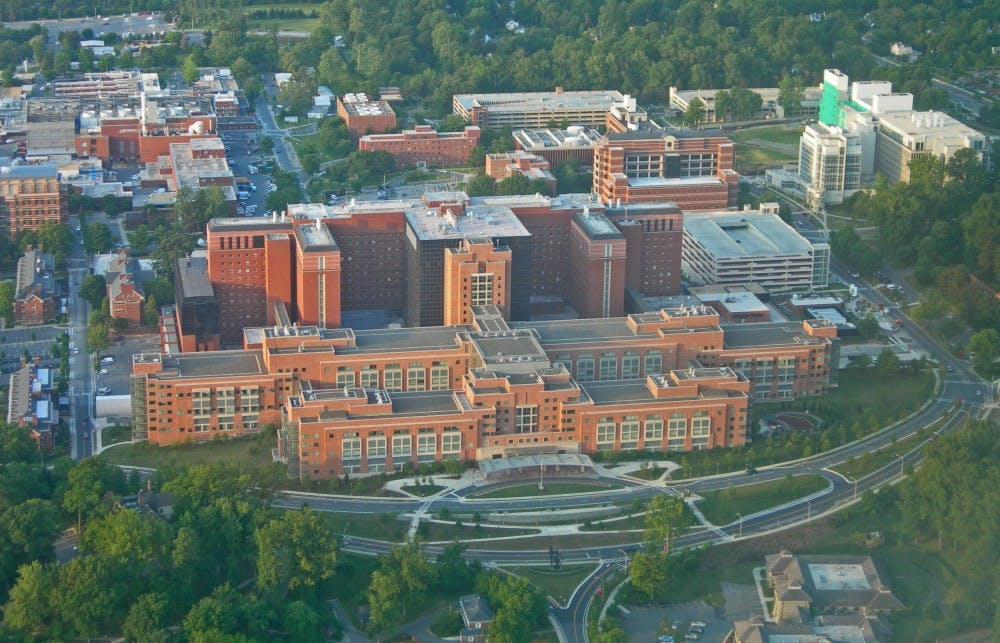
Penn's School of Veterinary Medicine is partnering up with the Children’s Hospital of Philadelphia and the University of Wisconsin-Madison to start a venture aimed at developing stem cell-based methods for treating vision disorders.
The new project looks into implanting cells into the retina in the hopes of curing diseases even at later stages.
The project will receive $6.9 million from the Audacious Goals Initiative of the National Institutes of Health’s National Eye Institute (NEI), which is granting $30 million total to five multidisciplinary teams for research into regenerative treatments for blindness.
John Wolfe and William Beltran, both professors at Penn Vet, will be leading the investigation along with David Gamm of Wisconsin.
“We will be generating specialized retinal cells in a dish from reprogrammed adult stem cells, and then transplanting them into the retina,” Wolfe told Penn Today. “Our work is going to be directed toward developing the right kind of cells, working on methods to transplant them into the retina, and examining the neural connections that form to see how the implanted cells are functioning.”
In 2017, the FDA approved LUXTURNA™, a one-time gene therapy aimed at treating patients with a vision disorder, known as RPE65 mutation-associated retinal dystrophy; the therapy was developed by a company associated with CHOP. Correcting faulty genes, however, requires living cells in the retina which tend to deplete as the disease progresses.
Penn Vet has previous experience with using gene therapies to treat vision disorders in dogs that are similar to human eye diseases. Researchers aim to utilize stem cells from blind dogs in the current study.
It is is hoped that these models will allow testing of these new methods in the near future.
“These audacious projects will be pivotal in our efforts to translate the latest science advances into new treatments for vision loss and blindness,” NEI Director Paul A. Sieving told Penn Today.
Local researchers in the past have used gene therapy to address genetic blinding diseases, including work on treating Best’s disease in dogs by Penn's School of Veterinary Medicine as well as clinical trials at The Children’s Hospital of Philadelphia.
The Daily Pennsylvanian is an independent, student-run newspaper. Please consider making a donation to support the coverage that shapes the University. Your generosity ensures a future of strong journalism at Penn.
Donate







